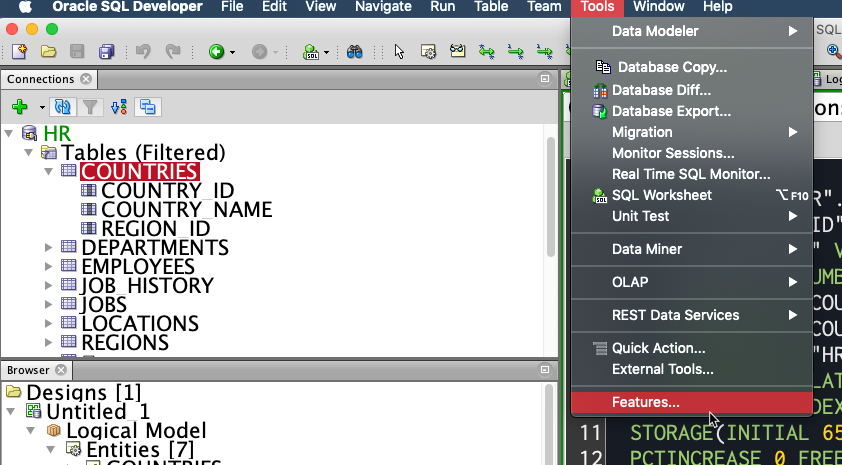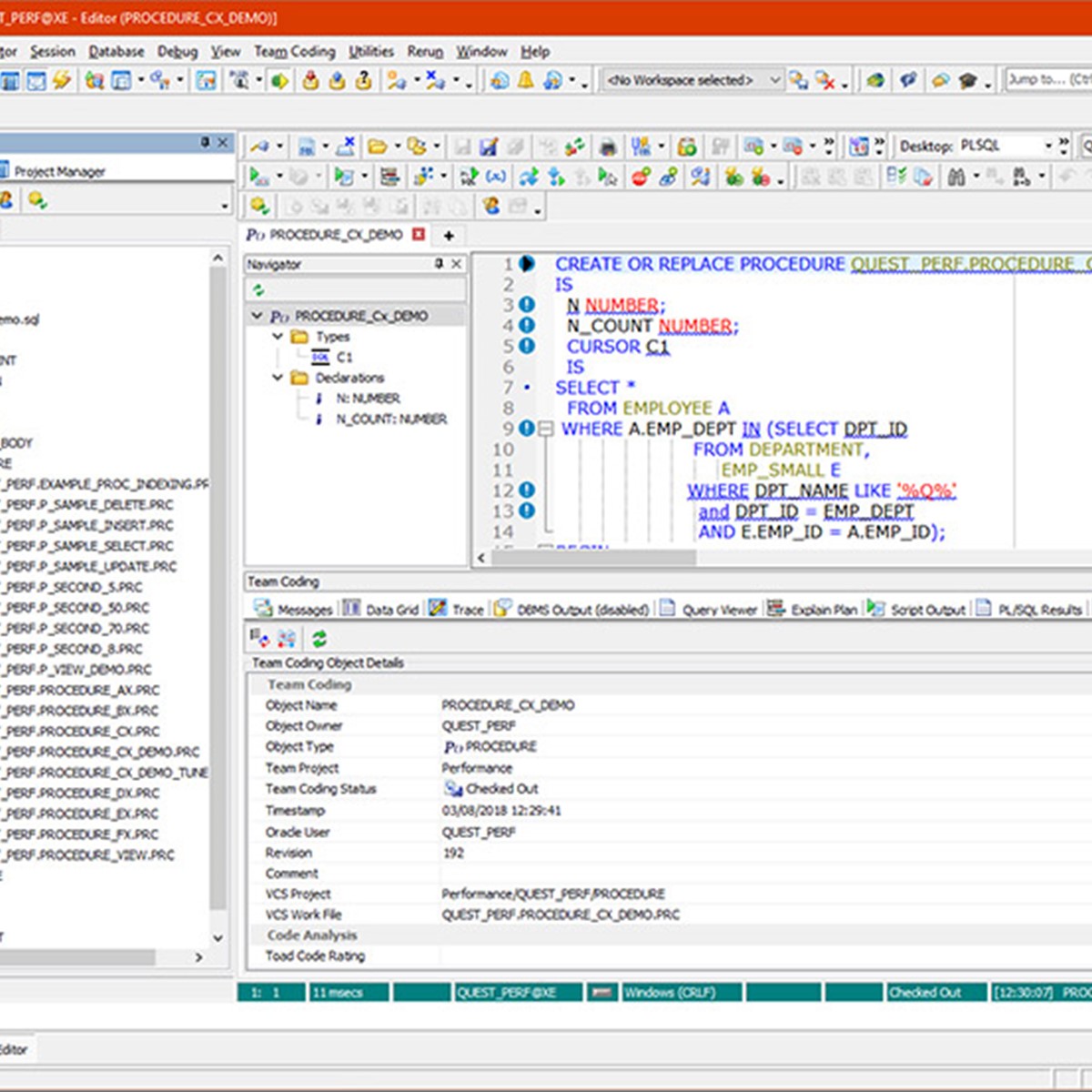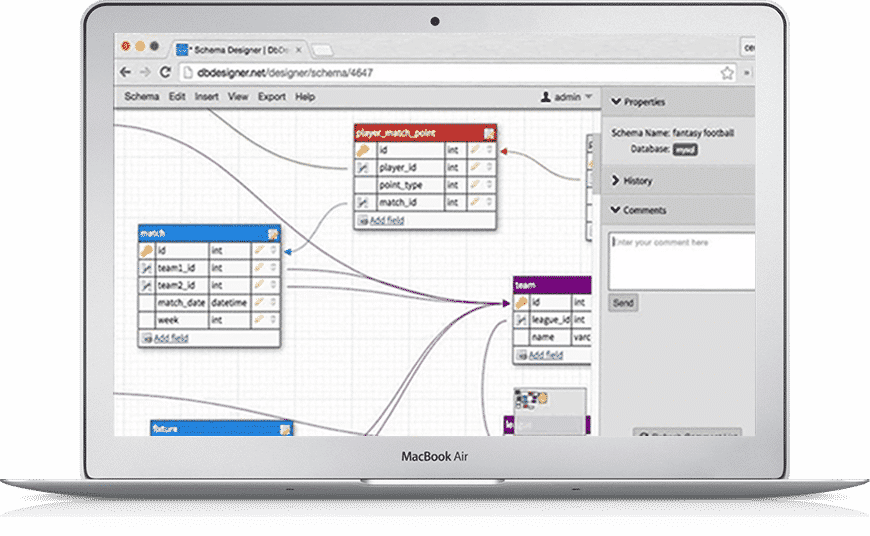
Well, let's say you have a problem with a benefits enrollment data.
Work with multiple files across multiple connections. Supports Bind variables: SQLConnect supports bind variables so you can test your query with multiple data sets. Cloud DB Browser and Intellisense: Given that cloud tables and columns are new and different from EBS tables, we have build in Intellisense and Database Browser to help users. If you do not have the right BI roles, you can not access the data! Access is secured by user access to Oracle cloud. Secured via your Cloud access and role security: SQLConnect used Oracle delivered Public APIs to get data from Oracle ERP/HCM/SCM Cloud. We have had customers export 100,000+ rows from Oracle SCM Cloud and export them to excel/csv. You can increase that once you confirm the query is good. Export to CSV and XLS: By default, SQLConnect brings in 100 rows of data from Oracle Cloud ERP/HCM query. Our enterprise version allows unlimited Cloud environment connections. This comes in very handy for business analysts, developers and support team when they are trying to find and resolve issues. So when you run a SQL query against DEV, get the data, and then in 1 second, switch connection to PROD, run the same query and compare results. With a click of a button, you can swith the connection. Ability to connect multiple pods: You can have connections with your dev, test, production and other environments. Here are some of the key features of SQLConnect. So, to answer the question "How can i run SQL against Oracle cloud", the answer is "using SQLConnect". SQLConnect provides multiple cloud connections, export to CSV/XLS options, and a number of other features that help increase developer productivity. 
SQLConnect is a desktop app, that works on Windows and Mac, and allows you to run adhoc SQL queries against Oracle Cloud ERP/HCM applications.

SQLConnect allows you to run ad-hoc SQL against Oracle ERP/HCM Cloud and extract data from the SAAS applications - right from your desktop. To help solve this problem for our own team, and for our customers, we build SQLConnect.

There are other ways to do this though, including using BI, OTBI, and APIs to extract data from Oracle SAAS ERP/HCM Cloud applications. Oracle doesn't allow you to access the database. The cloud applications bring a lot of new features, but an obvious thing that the users miss right away is the ability to connect to the Oracle cloud database and run ad-hoc SQL Queries. A lot of customers that we work with are moving from Oracle EBS to Oracle Cloud ERP, Oracle Cloud HCM, and other SAAS applications.







 0 kommentar(er)
0 kommentar(er)
